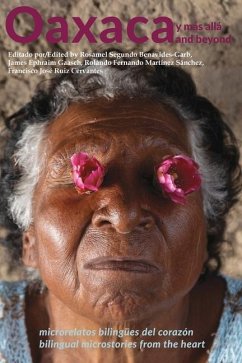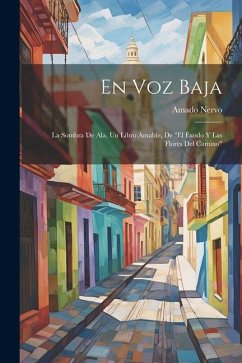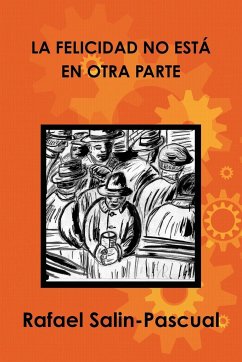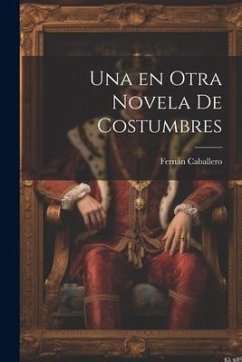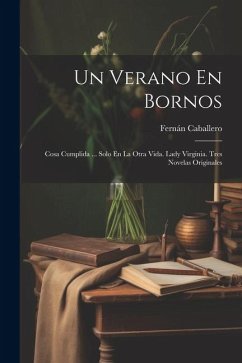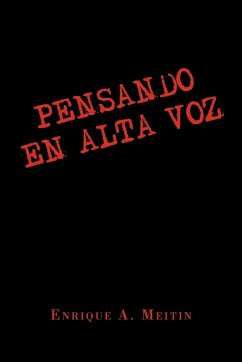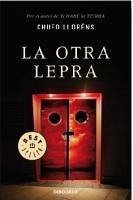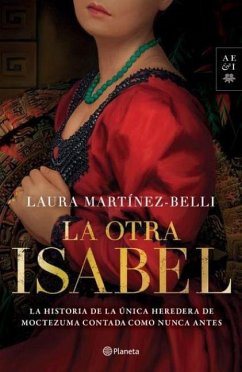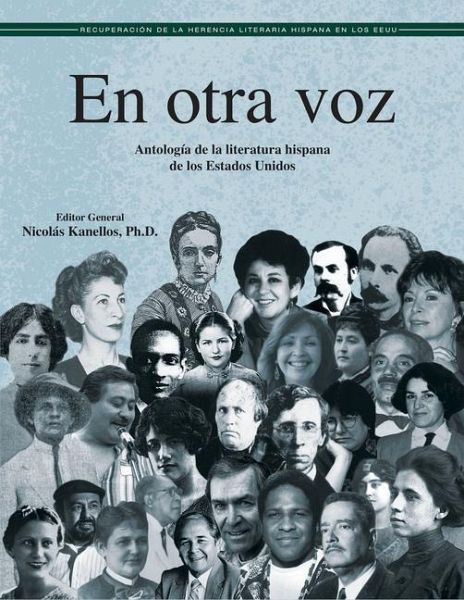
En Otra Voz
Antología de Literatura Hispana de Los Estados Unidos
Herausgeber: Kanellos, Nicolás
Versandkostenfrei!
Versandfertig in über 4 Wochen
71,99 €
inkl. MwSt.

PAYBACK Punkte
36 °P sammeln!
The product of hundreds of scholars collaborating with the Recovering the US Hispanic Literary Heritage program over ten years, this is the first Spanish-language anthology to bring together literature from the history of Hispanic writing in the United States, from the age of exploration to the present. Included are scores of previously unknown pieces by authors of diverse classes and ethnic backgrounds such as Mexican, Cuban, Spanish and Puerto Rican. The most comprehensive literary collection of its type, this book spans more than three centuries and a broad range of genres. Organized chrono...
The product of hundreds of scholars collaborating with the Recovering the US Hispanic Literary Heritage program over ten years, this is the first Spanish-language anthology to bring together literature from the history of Hispanic writing in the United States, from the age of exploration to the present. Included are scores of previously unknown pieces by authors of diverse classes and ethnic backgrounds such as Mexican, Cuban, Spanish and Puerto Rican. The most comprehensive literary collection of its type, this book spans more than three centuries and a broad range of genres. Organized chronologically into three sections that represent the three major experiences of Latinos in the United States--Native, Exile and Immigration--this volume also includes oral tradition such as folk songs, personal experience narratives and even rhymes. It contains the political essays of revolutionaries and reactionaries, cultural elites and workers, academic creative writers and street poets, all reflecting the Hispanic condition from colonial times to the present day. Works by well-known names--Reinaldo Arenas, René Marqués, Cherríe Moraga, Dolores Prida, Piri Thomas and Luis Valdez--are found in its pages, as well as those by anonymous bards and unheralded writers whose works appeared in Spanish-language newspapers in the nineteenth and twentieth centuries. Originally published in 2002, this updated and revised edition contains newly discovered texts, many by women whose work was even less available than their male contemporaries, and complete versions of masterpieces "Yo soy Joaquín" by Rodolfo "Corky" Gonzales, Zoot Suit by Luis Valdez and ... y no se lo tragó la tierra by Tomás Rivera. This landmark of Latino literature in Spanish includes 150 photographs of authors, original book covers and historical events such as theatrical performances.



